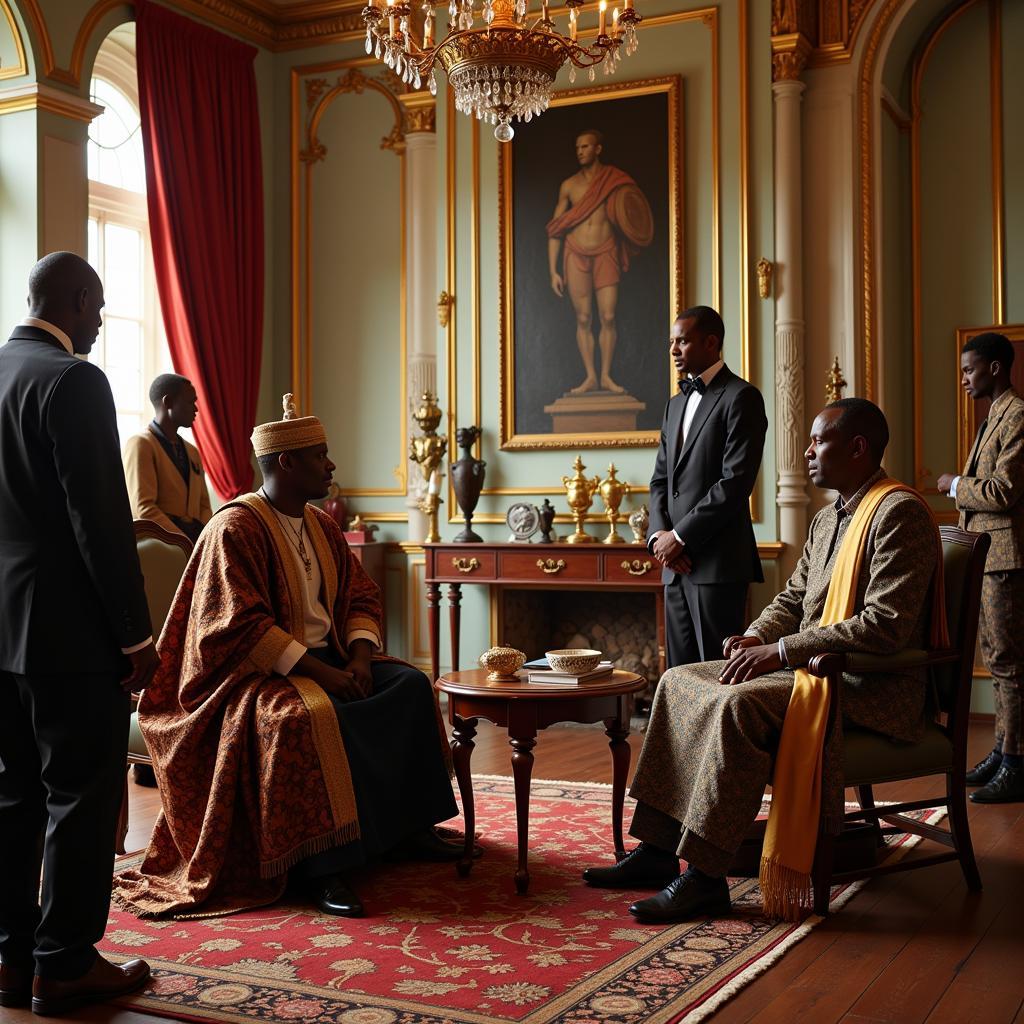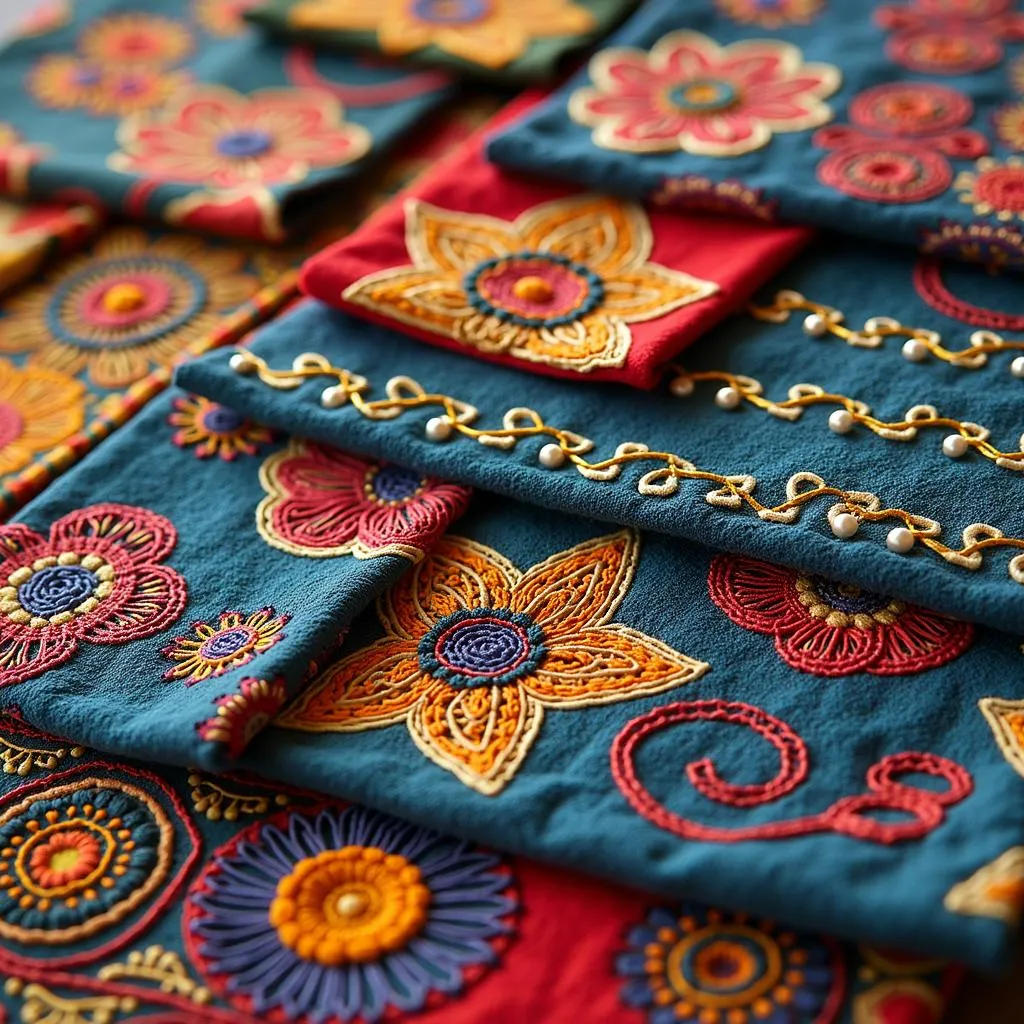Understanding the Tradition of Remembering African Babies Deceased
The loss of a child is a devastating experience for any parent, regardless of their background or culture. In many African cultures, the passing of a baby is seen as a profound tragedy, but it’s also a time for community support and the preservation of cherished memories. This article delves into the diverse and often poignant ways African communities remember and honor their deceased babies.
A Deep-Rooted Connection
African cultures are deeply connected to their ancestors, recognizing the continuity of life and the importance of respecting the departed. This connection is especially strong when it comes to children. In many communities, babies who pass away are not seen as merely “gone” but as transitioning to a different plane of existence, where they continue to be part of the family and community.
Rituals and Ceremonies: Honoring the Little Ones
The ways African communities commemorate their deceased babies vary widely across the continent, with customs rooted in unique traditions and beliefs. Here are some common practices:
- Naming Ceremonies: Even if a baby dies before being named, many communities will still bestow a name upon them, ensuring their recognition within the family lineage.
- Burial Rites: Burials for deceased babies often involve special rituals and ceremonies. Families may dress the baby in beautiful clothing and place them in a small casket adorned with symbols of love and protection.
- Memorial Sites: Some communities build small memorials or shrines in honor of their deceased babies. These can be simple markers in the ground, small structures, or even designated spaces in the home where families can gather and remember their loved ones.
- Songs and Poetry: Traditional songs and poems are often used to express grief and to celebrate the life of the departed child. These songs and poems can be sung and recited at funerals, memorials, or even years later as a way of keeping the child’s memory alive.
The Importance of Community Support
In many African cultures, the loss of a baby is not a solitary experience. The community plays a crucial role in supporting grieving families. Neighbors, friends, and extended family members offer practical assistance, emotional comfort, and a shared sense of loss. This collective support helps families navigate their grief and heal.
The Enduring Bond
The passing of a baby is a heart-wrenching experience, but African communities find strength in their traditions, rituals, and the unwavering support of their loved ones. These practices allow families to mourn, remember, and honor the lives of their deceased babies, preserving their memory and ensuring their enduring presence within the family and community.
What to Expect When a Baby Passes Away
- The role of elders: Elders in the community often guide families through the mourning process, offering wisdom and guidance based on tradition.
- The importance of ritual: Rituals can provide a sense of closure and help families begin the healing process.
- The presence of spirits: In some cultures, it’s believed that the spirits of deceased babies remain connected to their families, offering guidance and protection.
FAQs
Q: How are African babies named after they pass away?
A: Names are usually chosen by parents or elders, based on family tradition, personal preference, or even the circumstances surrounding the baby’s death.
Q: Are there any special burial practices for babies in Africa?
A: Babies might be buried in specific locations, often near family members or within designated areas for children. The casket may be decorated with special symbols or materials.
Q: What are some examples of traditional songs or poems used to remember deceased babies?
A: Songs often express sadness, hope, and a belief that the baby’s spirit lives on. Poems may recount the baby’s short life or offer solace to the grieving family.
Remembering the Little Angels
Losing a child is an immeasurable pain, but African traditions offer families a path to healing and remembering. The practices of naming, honoring, and keeping their memories alive ensure that the love and connection they share with their babies will always endure.
Need Support? Reach out to us for resources and guidance: +255768904061, kaka.mag@gmail.com, or visit us at Mbarali DC Mawindi, Kangaga, Tanzania. We have a dedicated team available 24/7 to provide support and information.


